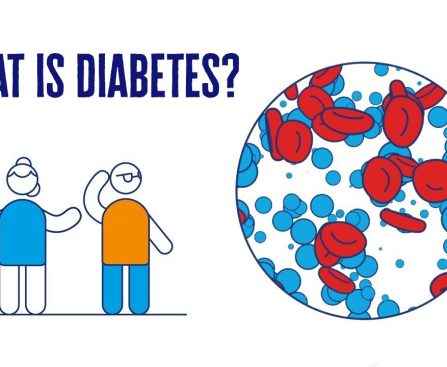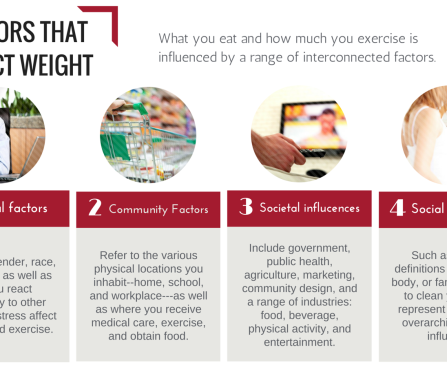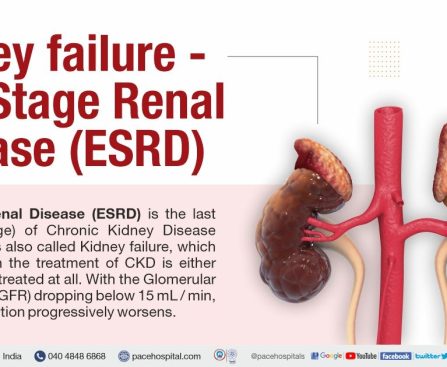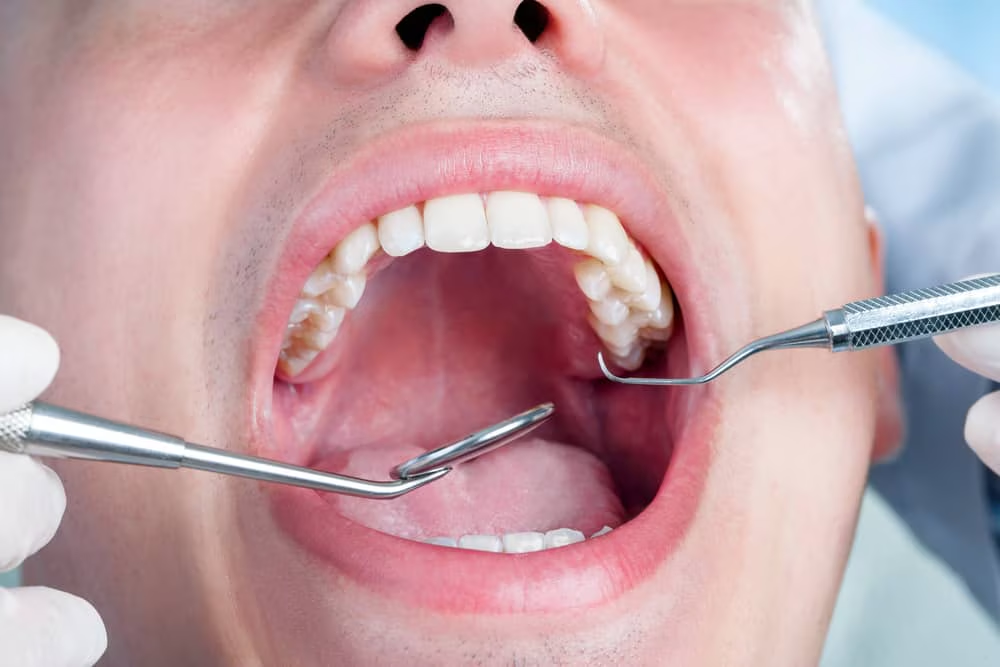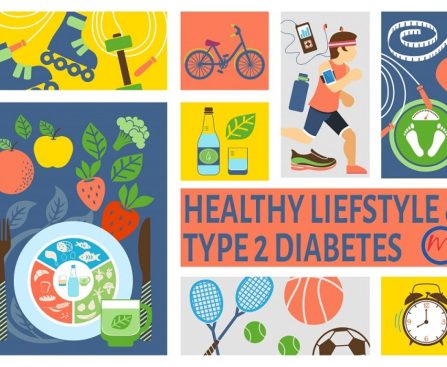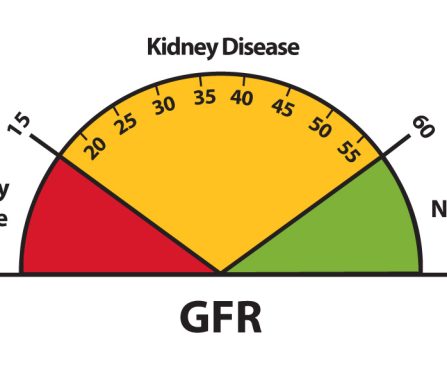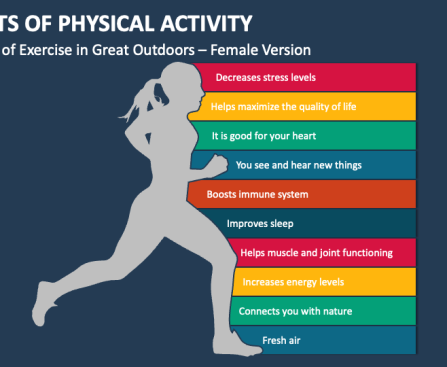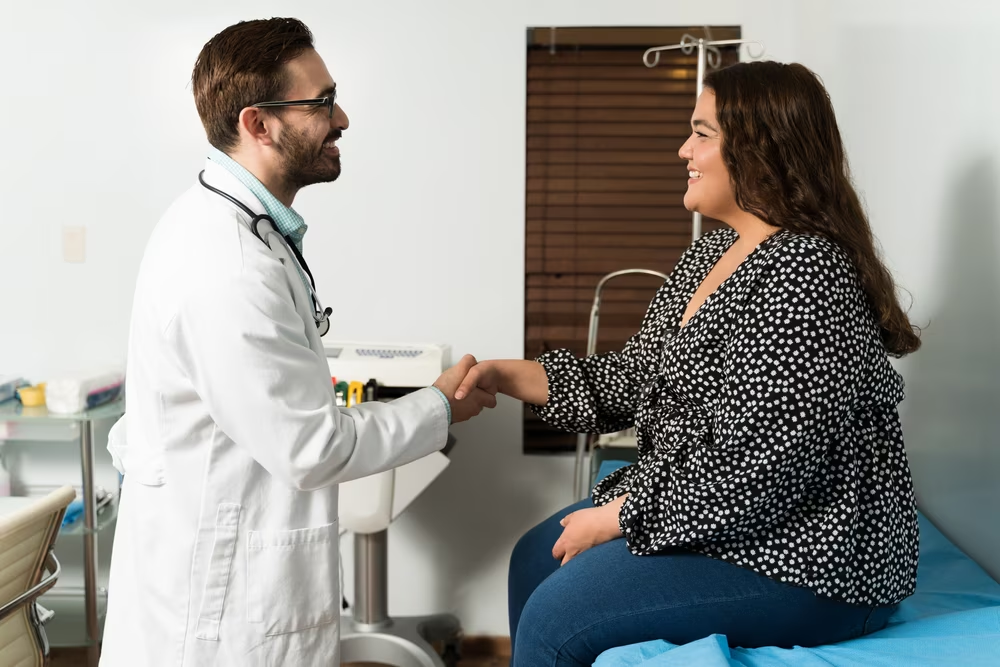Diabetes is a disease that occurs when your blood glucose, also called blood sugar, is too high. Glucose is your body’s main source of energy. Your body can make glucose, but glucose also comes from the food you eat. Insulin is a hormone made by the pancreas that helps glucose get into your cells to be used for energy. If […]
Many factors can affect your weight, including Lifestyle habits Lifestyle habits—including the foods and beverages you consume and how active you are in your daily life—can also affect your weight. If you take in more calories from food or beverages than you use during physical activity and through daily living, such as doing housework or walking to […]
In this section: If your kidney function drops below 15 percent of normal, you are said to have kidney failure. You may have symptoms from the buildup of waste products and extra water in your body. To replace your lost kidney function, you may have one of three treatment options: End-stage renal disease (ESRD) is […]
On this page: Diabetes affects many parts of your body, including your mouth NIH external link. People with diabetes are more likely to have gum disease NIH external link, cavities, and other problems with their teeth and gums.1 And some of these mouth problems can make your diabetes worse. Taking good care of your teeth and gums, including getting regular cleanings […]
On this page: Healthy living is a way to manage diabetes. To have a healthy lifestyle, take steps now to plan healthy meals and snacks, do physical activities, get enough sleep, and quit smoking or using tobacco products. Healthy living may help keep your body’s blood pressure, cholesterol, and blood glucose level, also called blood sugar level, in […]
his section helps educators create and implement lesson plans for counseling patients with CKD about managing their disease and preparing for renal replacement therapy (RRT). It also helps health professionals find patient education content and resources based on CKD topic. This resource is divided into six lessons that can be carried out one-on-one or in […]
Why should I be physically active? Physical activity is an important step you can take to improve your health and quality of life. Regular physical activity may help prevent or delay many health problems. Being active may help you look and feel better, both now and in the future. So what’s stopping you? Maybe you […]
What are overweight and obesity? People whose weight is higher than what is considered healthy for their height are described as having overweight or obesity.1 Overweight and obesity can increase your risk for many health problems. Body mass index Overweight and obesity are defined by body mass index (BMI). BMI is a measurement that uses your weight and height to estimate overweight […]
A new report suggests that limiting intake of caffeinated beverages may help stave off troublesome bladder and urinary symptoms. Many women and men live with symptoms affecting the lower urinary tract, such as frequent or urgent urination, needing to get up multiple times at night to urinate, and problems with voiding, such as a weak […]
On this page: As a primary care professional, you are in a unique position to talk with your adult patients about managing their weight. Sometimes, these conversations can be challenging or uncomfortable.1 If your patient has overweight or obesity, the tips and resources below may help you talk with them about their weight in a sensitive and […]
